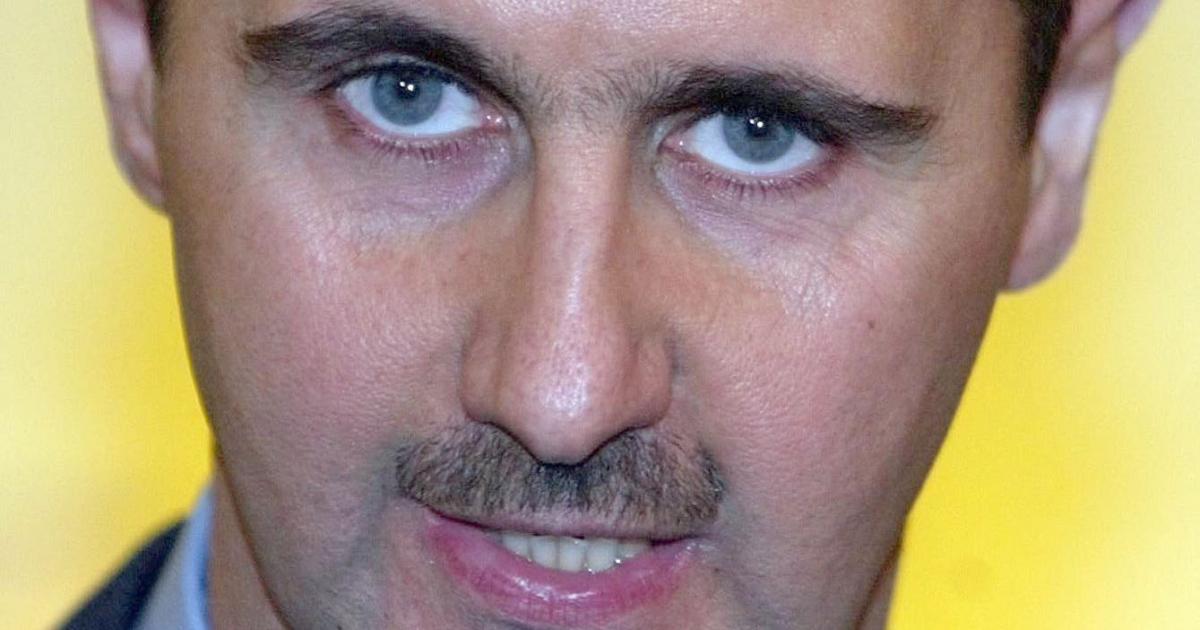The UK Government said the move would allow for closer engagement with Damascus at a time when Isis remains a “significant threat” in the country.
Deproscribing HTS will also enable Britain to help Syria in eliminating any remaining stockpiles from Mr Assad’s chemical weapons programme, the Foreign Office said.
Forces led by the group, which was proscribed within the UK 2017 due to its connections with al Qaida, toppled Mr Assad’s dictatorship in December last year after years of civil war.
At the time, the UK Government indicated the ban on HTS could be lifted in future but Prime Minister Sir Keir Starmer said it was too early to consider a change in policy.
Opposition critics had voiced concern that Britain would risk legitimising the group by engaging in diplomatic contact.
Former foreign secretary David Lammy met former HTS leader and interim president Ahmed Al-Sharaa when he visited Damascus this summer, the first trip to the country by a UK minister for 14 years.
In a joint update on Tuesday, the Home Office and Foreign Office said deproscription “will support this Government’s engagement on the counter-Daesh mission in Syria, in turn reducing the threat to the UK”.
“Deproscription will also support closer working with Syria to eliminate the Assad regime’s chemical weapons programme,” the Government said.
“This Government welcomes the Syrian President’s commitment to destroy these weapons once and for all.”
The move follows US President Donald Trump’s decision to ease sanctions on Syria earlier this year, which the White House described as an effort to support the country on its path “to stability and peace”.
Lifting the ban on HTS will mean that offences set out in the Terrorism Act 2000, including the offences of membership and inviting support for proscribed organisations, will no longer apply to the group.
The Government said it “reserves the right to reassess proscription decisions in response to any emerging threats and will always take swift and decisive action in the interests of national security”.


